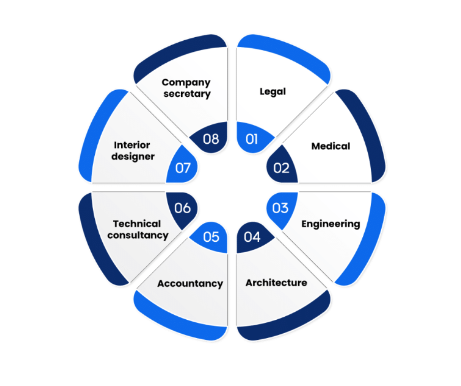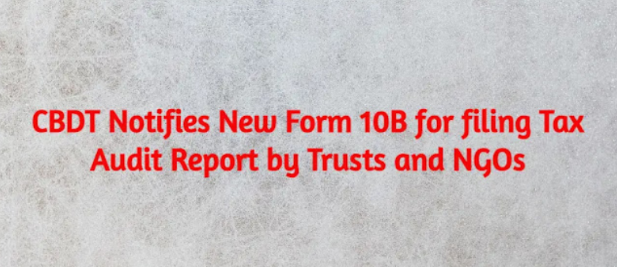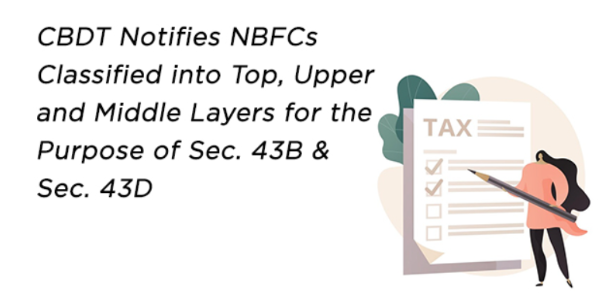
According to the Income-tax Act, regular taxpayers must uphold and audit their books of accounts. Section 44AA outlines the necessity to maintain these accounts. However, the Act does not specifically mandate trusts or institutions to maintain books of accounts.
The Finance Act 2022 introduced amendments to Section 12A and Section 10(23C). This amendment stipulates that if the total income of a trust or institution exceeds the non-taxable maximum amount, disregarding any exemptions under Section 10(23C) or sections 11 and 12, said trust or institution must maintain books of account and related documents in the prescribed format and location.
The Central Board of Direct Taxes (CBDT) has issued Rule 17AA specifying the books and documents that trusts or institutions registered under sections 12A/10(23C) must maintain. The essential elements of the newly notified Rule 17AA are outlined in the following paragraphs.
- All funds, institutions, trusts, universities, educational institutions, hospitals, and medical institutions must maintain and preserve the subsequent books of account and related documents: Books of account, including the following:
- Cash Book;
- Ledger;
- Journal;
- Copies of bills;
- Original bills;
- Any other book that may be required to be maintained to give a true and fair view.
- b. Accounts for business operations and any business conducted by the taxpayer, excluding the business undertaking mentioned in section 11(4), must be maintained.
- Other documents to be maintained include:
– Documentation detailing all projects and establishments operated by the individual, encompassing their names, addresses, and objectives.
– Records of income related to voluntary contributions, specifying donors, income derived from trust-held properties (with an accompanying property list), and other revenue of the fund, institution, or trust, among other sources.
– Documentation concerning the utilization of income within India and abroad, along with details regarding deemed income utilization, accumulated or reserved income, funds invested in specified modes, etc.
– Comprehensive records of received voluntary contributions and their subsequent allocation or utilization.
– Detailed records of loans and borrowings.
– Documentation detailing the properties owned by the trust.
– Records pertaining to specified individuals involved.
- The records, including books of account and other documents, can be maintained in written, electronic, or digital format, including as printouts derived from digitally stored data.
- The entities are required to maintain and store the books of account and other documents at their registered office. However, if authorized by management through a resolution, these records may be kept at a different location.
- The obligation stands to maintain and preserve the books of account and other documents for a duration of 10 years following the conclusion of the relevant assessment year.

FAQ’s
- Which books of accounts need to be maintained by trusts?
- As per this regulation, these trusts and institutions must now uphold and retain books of account, comprising a cash book, ledger, journal, duplicates of bills, original bills, receipts for payments made by the entity, and any additional records essential to present accurate and transparent financial.
- What are the legal requirements for maintaining books of accounts?
- According to the IT Act, if the turnover or gross receipts from the business or profession exceed Rs. 25 lakhs or if the income from the business or profession is more than Rs. 2.5 lakhs in any of the three preceding years, it becomes obligatory to uphold books of accounts.
- What is the maintenance of books under Income Tax Act?
- Records, including books of account and documents, must be preserved and maintained for a duration of 6 years following the conclusion of the relevant assessment year.
Disclaimer: The materials provided herein are for informational purposes only and do not constitute legal, financial, or professional advice. Consult relevant laws and experts before acting on this information. Neither the author nor K M GATECHA & CO LLP is liable for any inaccuracies or omissions. This material is purely educational and not an advertisement or solicitation.




